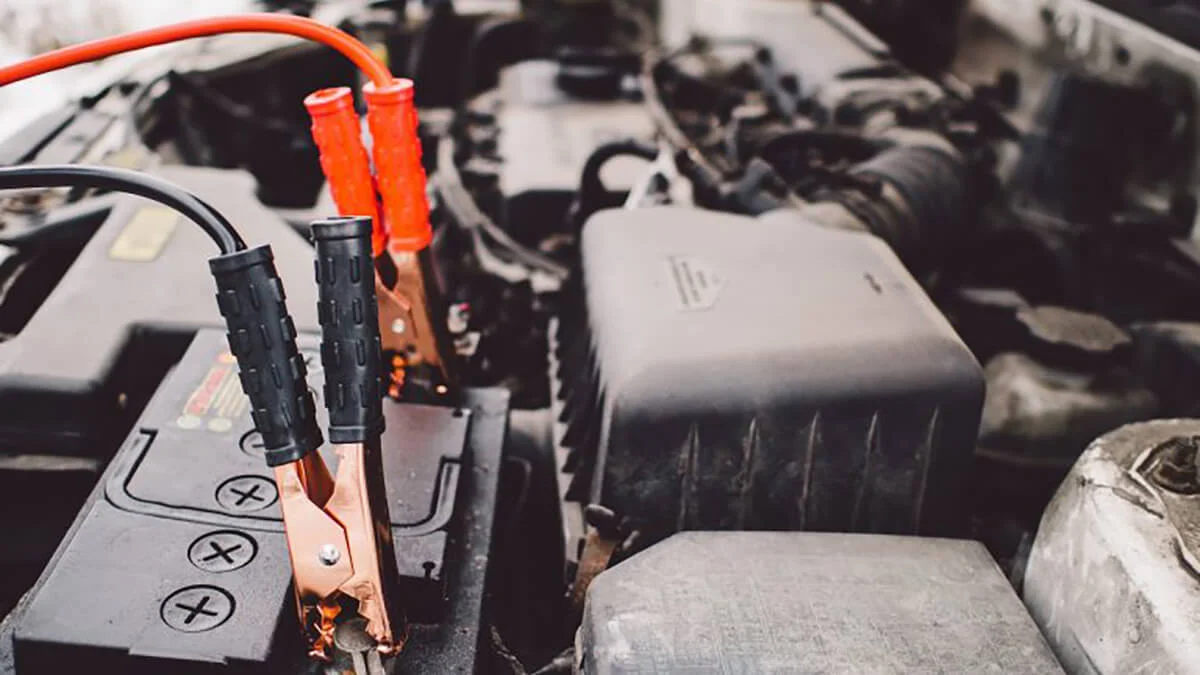Car Batteries
Car batteries of today are mostly maintenance-free with a performance indicator so there really aren’t many physical checks you can perform yourself. The only thing you need to do is make sure that the terminal connections are tightened without any debris. A neat trick is to coat the car battery terminal connections with petroleum jelly to further prevent the build-up of corrosive material. Remember to not tighten the battery terminals too much as it could damage the battery casing and lead posts and result in battery failure. Another important point to keep in mind is crossing the positive and negative terminals. This can cause an electric shock, permanent battery damage and even an explosion in some cases.

What does your battery do?
The purpose of a vehicle battery is to supply the necessary current to the starter motor and the ignition system while cranking to start the engine. In petrol engines, the car battery supplies power to the spark plugs to ignite the fuel and air mixture that has been compressed in the engine combustion cylinders. In addition, it also supplies extra current when the demand exceeds what the alternator can provide, and acts as an electrical storage unit. The battery power used when starting your car is then replaced by the alternator, which supplies most of the electrical current to your vehicle’s electrical systems. The strength of your car battery is generally affected by the amount of work it does and the operating conditions.
Why does a battery run out?
The modern technology in cars such as air conditioning, digital displays, music players, satellite navigation systems and other electronic gadgets place more strain on your battery. As a result, your car battery and charging system could lead to premature battery failure. A flat battery is probably one of the most frustrating experiences to go through and it always seems to happen at the most frustrating times. There are several reasons why this can occur including a faulty battery, leaving the headlights on or not switching off the radio. Regular battery checks are recommended so that you don’t end up with a flat battery. Maintenance is important as it keeps your car battery operating at its optimum level. If you are experiencing any problems with your battery or are concerned about the age or charging ability, give Elite Garages a call. Our professional, expertly-trained technicians will carry out an extensive battery check using only the latest testing equipment. It won’t cost you anything and we’ll also offer you advice on any parts that may need replacing. We stock a wide selection of car batteries suitable for most makes and models.
FAQs on Car Batteries
To find the answer to some of the questions we often get asked, simply click the + symbol or visit our FAQ page to review the most frequently asked questions across all our Elite Garages Locations.
If you click on a ‘Category’ or ‘Tag’ link, the page will ‘refresh’ and reload the page showing the top of the page first, you’ll then just need to scroll down to the FAQ section to see the results for the Category or Tag you selected.
Common signs of a car battery that is running low include dim or flickering lights, difficulty starting the engine, rapid clicking when turning the key and the battery warning light appearing on the dashboard. If you notice any of these symptoms, we highly recommend getting an expert to look at your battery and find out whether it needs replacing.
While several things can drain a car battery, the most common cause is leaving the lights or the radio on after the engine has been switched off. Other causes of battery drainage could be a faulty alternator, corroded battery cables and parasitic drains caused by an electrical short in the system. If you are concerned about your battery, book a FREE battery check at Elite Garages!
Generally speaking, the average lifespan of a car battery is between three to five years but may depend on several factors, such as the quality of the battery, your driving habits and how well it’s maintained.


